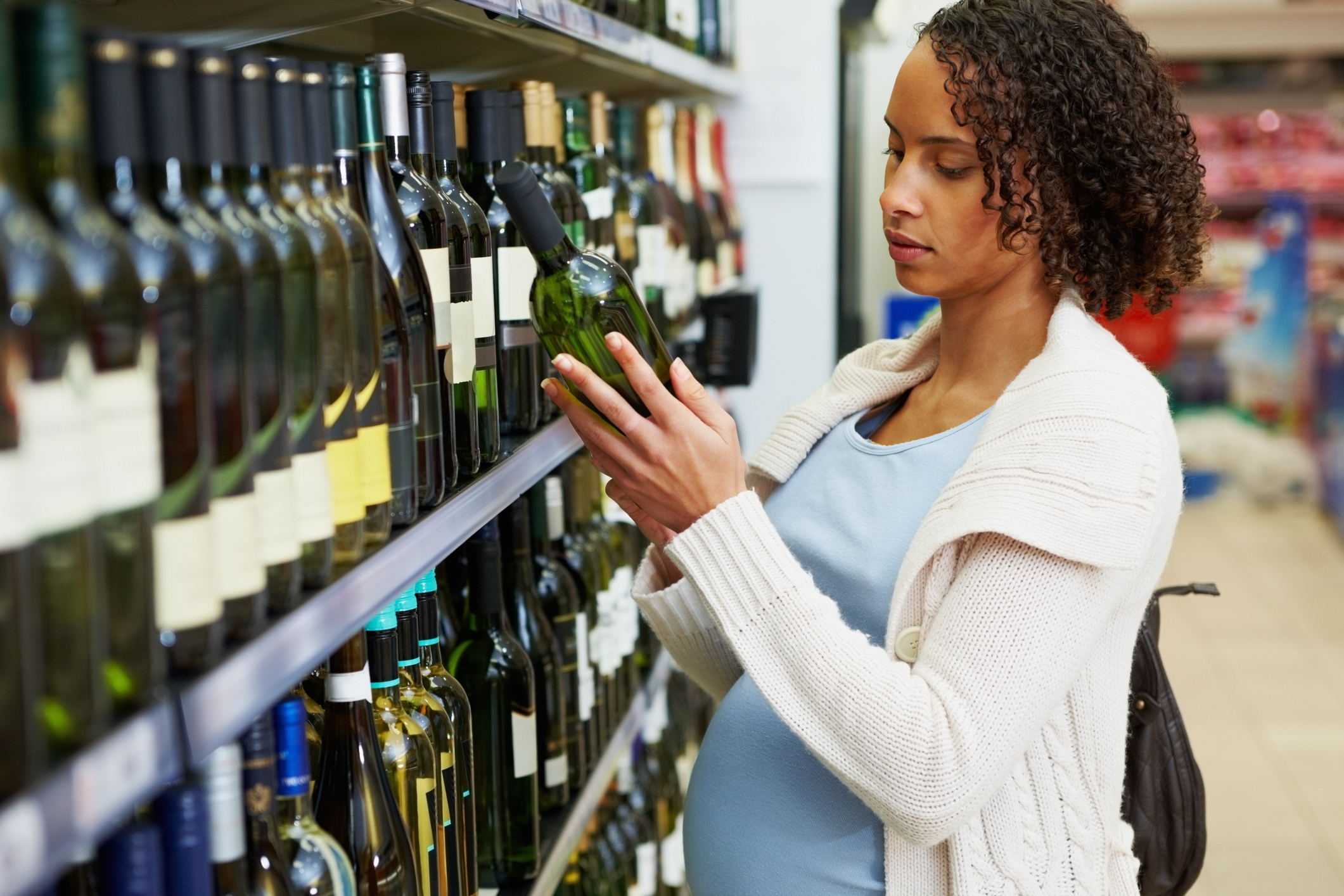News release
From:
New research shows alcohol industry drags feet on mandated pregnancy warning
Experts are concerned that the alcohol industry may be deliberately delaying the inclusion of Government-mandated pregnancy warnings across its products, after new research showed only 63 per cent of alcoholic beverages displayed the label - despite being given a generous three-year grace period to comply.1
The study by The George Institute for Global Health, published today in the Australian and New Zealand Journal of Public Health, analysed around 6,000 alcohol products sold in four large stores in Sydney from June to November 2023, to uncover the worrying finding.
The warning labels are intended to ensure consumers are informed that drinking while pregnant increases the risk of potential life-long health issues in unborn children.2 Businesses were given three years from 31 July 2020 to 31 July 2023 to implement these requirements.
Lead author of the new paper, Professor Simone Pettigrew, Head of Health Promotion at The George Institute for Global Health and Professor at the Faculty of Medicine, UNSW Sydney, said the research demonstrates the need for improved alcohol health warning regulation and more thorough Government monitoring to protect babies’ health.
“The industry fought hard against pregnancy warning labels when they were mandated by Government in 2020, after 20 years of lobbying to bring Australia in line with the evidence and WHO recommendations,” she said. “Yet, even with three years to display standardised pregnancy warnings on all new packaging, more than a third of products we analysed did not do so.
“Our analysis purposely straddled the end of the transition period, and the results suggest that alcohol companies may have deliberately used the phase-in period as a loophole to delay introducing mandated pregnancy warnings for fear of losing sales.
“Most alarmingly, only half of spirits, which have the highest levels of alcohol by volume, showed the pregnancy warning,” she said.
Other studies have demonstrated that some Australian women remain confused about whether they can drink alcohol while pregnant - around one-third of women say they have.3 Giving women warning information has been shown to motivate them to avoid drinking while pregnant.4,5
Prof Pettigrew said the analysis found that 25 per cent of alcohol products carried their own versions of pregnancy warnings instead, a concern because research consistently shows that industry-designed warnings are less effective than warnings developed using evidence-based approaches.6
Evidence shows drinking alcohol during pregnancy can cause low birthweight, premature birth, and foetal alcohol spectrum disorder (FASD) in unborn babies, leading to health issues throughout life that can include physical, cognitive, developmental, and behavioural problems.2
FASD is an emerging public health issue in Australia, with data suggesting it impacts between 1 and 5 per cent of children in high income countries. More local data is needed to respond adequately, especially for the most vulnerable groups.
Adjunct Professor Terry Slevin, CEO, Public Health Association of Australia, said the study confirms government must take much stronger action on alcohol warnings to help Australians make informed choices about their drinking and reduce the harms it causes in our community.
“When it comes to alcohol and health, it’s time to stop leaving the fox in charge of the henhouse. This latest research shows that the alcohol industry has no interest in protecting the health of Australians and will avoid and delay introducing mandated health warnings until the last minute and beyond.
“As we approach the Federal Election, public health experts are asking the next Australian Government to take meaningful action on obesity, including the marketing of unhealthy food and beverages and mandating Health Star Ratings on packaged foods. We also want to see kilojoule labelling on alcohol so people can see how much alcoholic beverages contribute to the energy they consume – and so the potential contribution to their waistline,” he said.
“The message from this research is that we can’t rely on the food and beverage industry to self-regulate the labels of their unhealthy products and when new regulation is introduced, we shouldn’t allow for generous phase in periods which they might exploit.”
- ends -
“The prevalence of mandated and voluntary health information on alcohol products in Australia” will be published online in the Australian and New Zealand Journal of Public Health at 12:01am on 5 February 2025. Please credit the journal as the source of the research.
The Journal is the official publication of the Public Health Association of Australia. All articles are open access and available here: https://www.sciencedirect.com/journal/australian-and-new-zealand-journal-of-public-health



 Australia; VIC; SA; WA
Australia; VIC; SA; WA


